Are you interested in vegetable gardening but don’t know where to start? Don’t worry; you are not alone.
Vegetable gardening can seem daunting to beginners, but it doesn’t have to be. This blog post will provide you with a comprehensive guide on vegetable gardening for beginners.
We will cover everything from choosing suitable vegetables to planting and caring for your garden. So whether you are a complete novice or just looking for some new tips, read on for the best advice on vegetable gardening!
1. Choose the right vegetables.
One of the essential vegetable gardening tips for beginners is to choose the right vegetables. Not all vegetables are created equal, and some are easier to grow than others.
If you are just starting, we recommend choosing veggies that are easy to grow and require little maintenance. Some good options include tomatoes, peppers, cucumbers, and leafy greens.
Once you get a little more experienced, you can start experimenting with other vegetable plants.
Just remember to do your research before planting anything new in your vegetable garden.
2. Be Aware of The Growing Season
Another vital vegetable gardening tip for beginners is awareness of the growing season. Depending on where you live, the climate will dictate when it is best to plant your vegetables.
Most vegetables need to be planted in the spring or early summer. However, some veggies (like kale and Brussels sprouts) do better in the fall.
A bountiful harvest is all about timing, so be sure to research and plant your vegetables at the right time of year.
3. Give Your Veggies Plenty of Sunlight
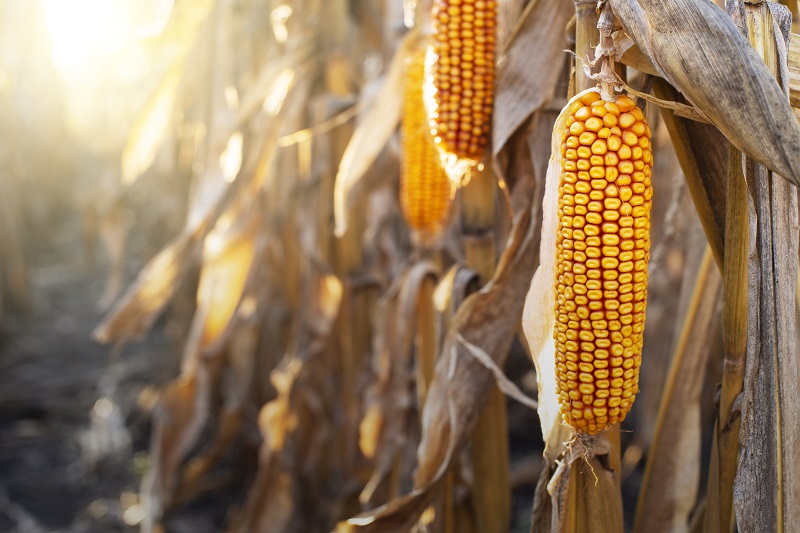
Many plants need sunlight to grow, so one of the most important vegetable gardening tips for beginners is ensuring your garden gets plenty of sun.
Ideally, it would be best to choose a spot that gets at least six hours of sunlight per day. If you don’t have a lot of space, you can also grow vegetables in containers.
Just be sure to put them in a sunny spot!
Most veggies need sunlight to grow, so make sure your garden space gets plenty of sun.
4. Rich Soil = Healthy Plants
Your soil is the foundation of your vegetable garden, so it is important to ensure it is high quality.
If you are unsure about the quality of your soil, you can always get it tested by a local cooperative extension office.
Amending your soil with compost or other organic matter is a great way to boost your plants. Soil amendments can improve drainage, aeration, and nutrient content, which are important for healthy plants.
Plus, adding compost to your soil is a great way to reduce waste and help the environment!
Composting vegetable scraps is a great way to improve soil quality.
5. Try Companion Planting
Your vegetable and food garden doesn’t have to be just vegetables. You can also include herbs, flowers, and other plants.
Not only does this make your garden more beautiful, but it can also help improve vegetable growth. This is because some plants help each other grow when planted together.
This process is called companion planting, a great way to get the most out of your vegetable garden.
Some plants, like tomatoes and basil, help each other grow when planted together.
Furthermore, companion planting can also help deter pests and improve the overall health of your plants.
6. Check Your Seed Packet Carefully
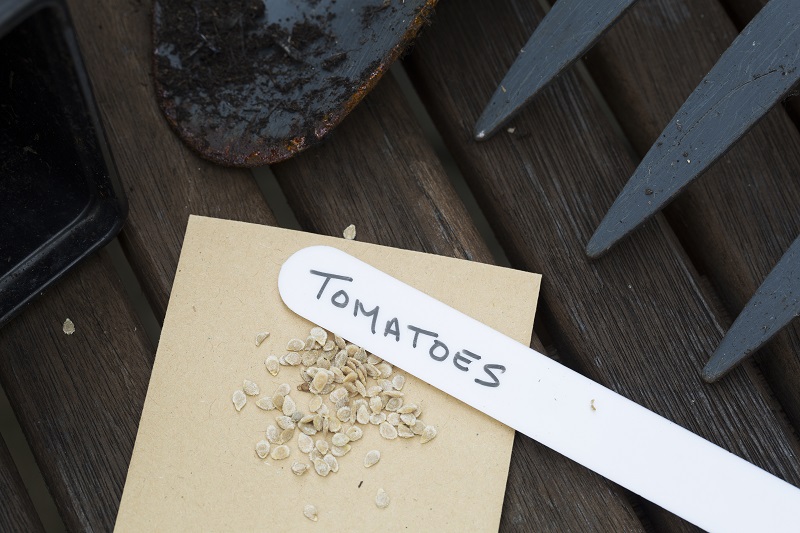
Fresh veggies are the best, but sometimes you can’t beat store-bought produce’s convenience.
When planning to plant vegetables from seed, it is important to check the seed packet carefully before planting.
Many vegetable seeds need to be started indoors before they are transplanted outdoors. This process can be time-consuming, so make sure you are prepared before you begin planting.
Planting vegetable seeds is a great way to get fresh produce, but check the seed packet carefully before planting.
7. Consider Raised Beds
Raised beds are an excellent option for vegetable gardens, mainly if you have limited space.
They are also a good choice if you have poor soil quality, as they allow you to fill the bed with high-quality soil.
Raised beds can be made from various materials, including wood, stone, and even recycled plastic.
No matter what material you choose, raised beds are a great way to get the most out of your first vegetable garden.
So regardless of your gardening goals, raised beds are definitely worth considering.
8. Water Your Garden Every Morning
Fungal diseases, pests, and even blossom end rot can be prevented with proper watering.
An essential vegetable gardening tip for beginners is to water your garden every morning. This will give the plants time to absorb the water before the hot sun dries them out.
Plus, watering in the morning will help reduce evaporation, so you won’t have to water as often.
While vegetable and food gardening beginners may not think watering is all that important, it is one of the most crucial aspects of gardening, especially in hot climates.
9. Plant High-Yield Crops
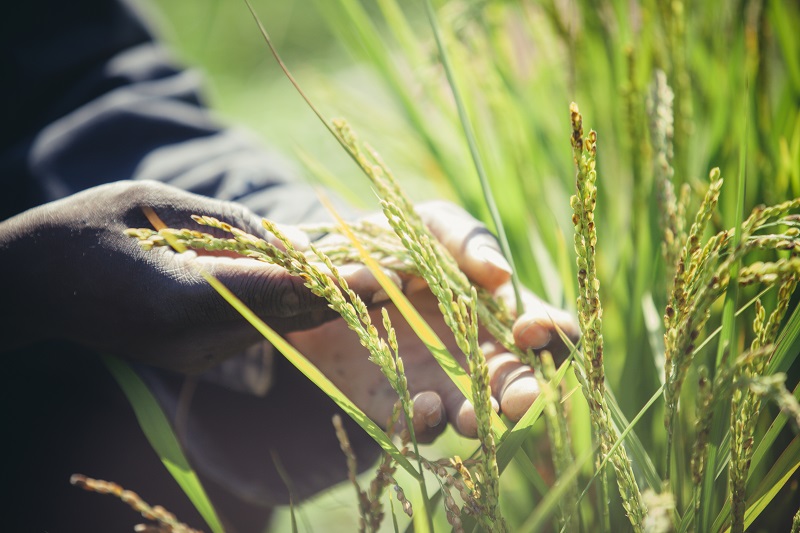
Growing vegetables can be a lot of work, so you want to ensure you get the most bang for your buck.
One way to do this is to plant high-yield crops. These are vegetables that produce a large amount of food per plant.
Green beans, tomatoes, and peppers are great examples of high-yield crops.
So if you want to get the most out of your small garden, plant some high-yield crops.
10. Try Container Gardening
If you don’t have a lot of space or want to grow vegetables on your patio or balcony, container gardening is a great option.
Many vegetables, flowers, and fruit trees can be grown in containers.
Plus, container gardening is a great way to control the quality of your soil. This is because you can choose the type of soil you use and the fertilizer.
Bottom Line
Vegetable gardening can be a lot of work, but it is also fun.
By following these vegetable gardening tips for beginners, you will be well to growing a healthy and productive vegetable garden. Just remember to start small and take things one step at a time. Soon you will be an expert vegetable gardener!
Is there anything you could add to this list of beginner vegetable gardening tips? Let us know in the comments below!

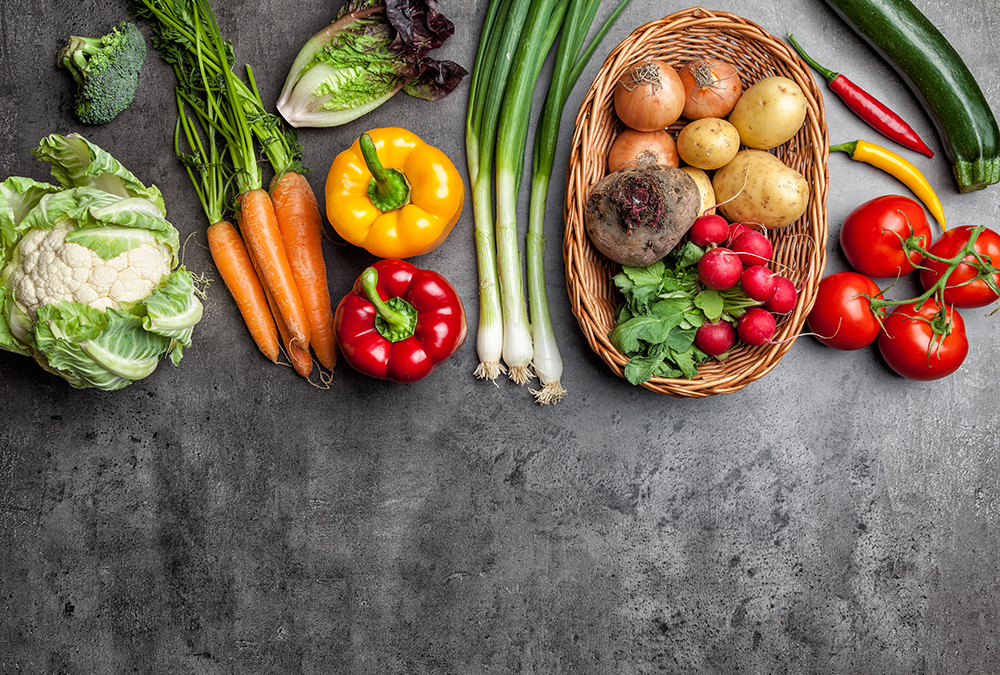
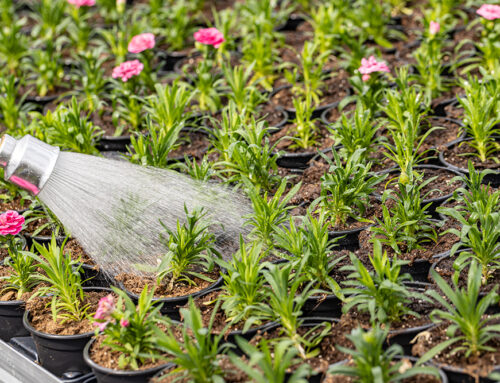
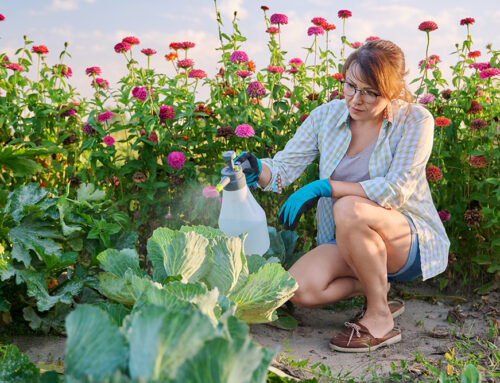
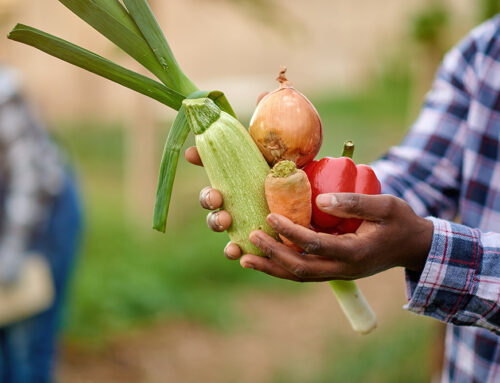
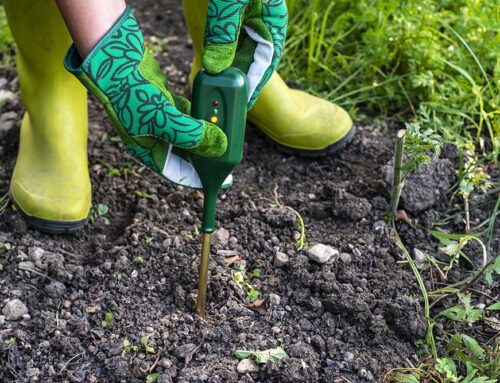
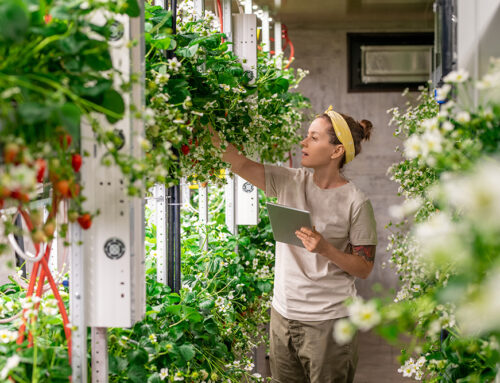
Leave A Comment